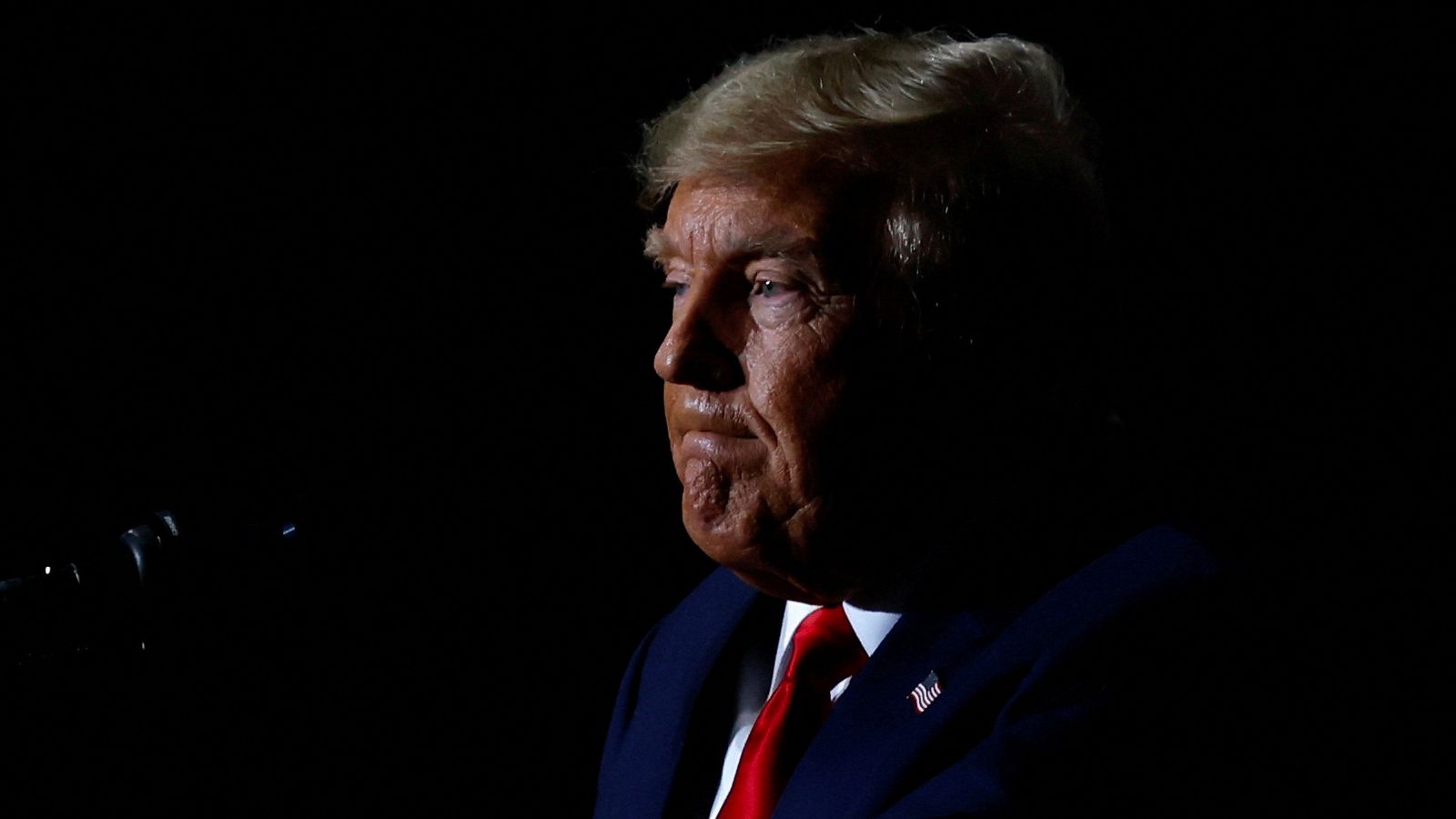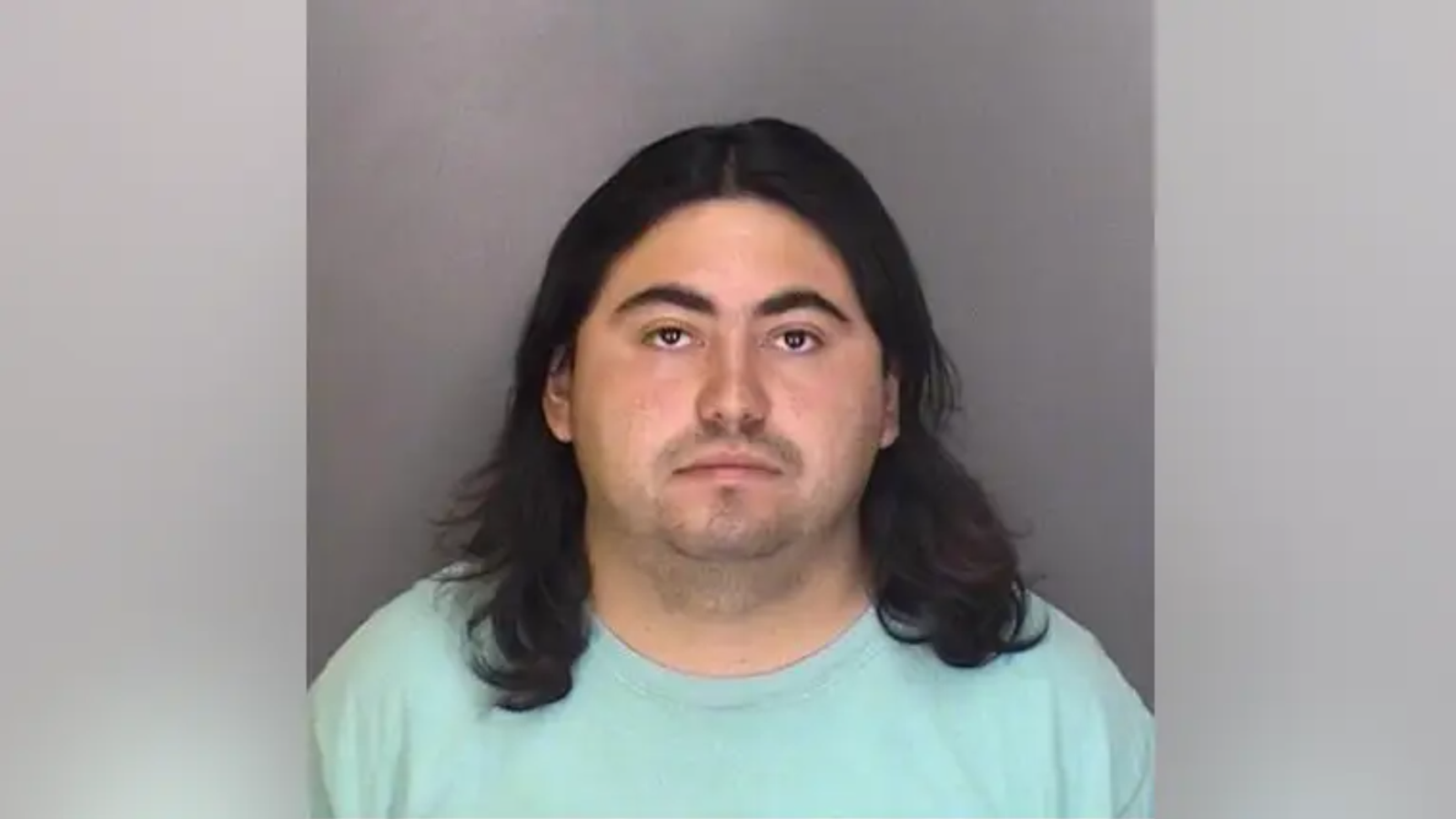A man who spent 24 years behind bars for a murder he has repeatedly said he did not commit has been pardoned.
Dontae Sharpe is now able to apply for up to $750,000 (£560,000) compensation for his wrongful conviction after the move by North Carolina Governor Roy Cooper on Friday.
Mr Cooper said: “Mr Sharpe and others who have been wrongly convicted deserve to have that injustice fully and publicly acknowledged.”
Mr Sharpe was given a life sentence at age 19 in 1995 for the first-degree murder of 33-year-old George Radcliffe, whom he was accused of killing a year earlier during a drug deal.
For the duration of his term, Mr Sharpe refused to accept offers of a lighter sentence in exchange for a guilty plea and said in a 2019 interview that his faith and knowledge he was innocent guided his actions.
After his pardon, Mr Sharpe told a virtual news conference he was in disbelief when his lawyer called him with the news.
He said: “I’m still in a haze, kind of. When you’re dealing with us human beings, it can go any way, yes and no. I didn’t know what to expect. I was believing for a pardon.”
The government’s case against Mr Sharpe relied in part on evidence from a girl who was 15 at the time.
She claimed she saw Mr Sharpe kill Mr Radcliffe but later changed her testimony and said she wasn’t present at the time of the shooting.
She later admitted her claims were made up, and were based on what those investigating the crime told her.
Mr Sharpe tried to get a new trial but was unsuccessful until a former state medical examiner said he was certain that the state’s account of what had happened was not medically or scientifically possible.
It resulted in a judge ordering more evidence to be heard. In the meantime, Mr Sharpe was released in August 2019 after the prosecutor said the state would not insist on a retrial.
One of the campaigners who called for his release, Rev Anthony Spearman, said: “This should have happened a long time ago.”
Mr Sharpe said he planned to celebrate with his family and will continue to press for other inmates to receive justice.
He added: “My freedom is still incomplete as long as there’s still people going to prison wrongfully, if there’s still people in prison wrongfully and there’s still people that are waiting on pardons.”




